Welcome to another issue of The Newport Cornucopia where we dig through the newspapers archives for interesting news articles and adverts. All articles are posted verbatim and most headlines are original (headlines in quotes are my own).

'Renaming Marshes Road'
An article in the South Wales Argus on Wednesday 12th June, 1895, provides a mention of the renaming of Marshes Road.
The previous decision of the committee with regard to the re-naming Marshes-road as Shaftebury-street was adhered to.
Mr Brown moved the adoption of the report. — Replying to Dr. Davies, he said that the committee had had letters from owners of property in the neighbourhood of Marshes-road approving of the proposed alteration in the name of the street. — Dr. Davies proposed that the road should be named the Malpas-road. — Mr. Parfitt seconded, but the proposition was lost. — Mr Howell moved as an amendment that the name remain Marshes-road He described the proposed alteration as a fad, and ridiculous in the extreme. — Dr. Davies seconded but the amendment was lost, and the name therefore remains as Shaftesbury-street.
— South Wales Argus, Wednesday 12th June, 1895 (Subscription Required)




'Stealing Apples'
Stephen Jones, a chubby-faced lad, apparently regardless of his being placed at the bar as an old offender, was charged with stealing a quantity of apples from the garden of Frederick Justice, Esq.
The offence was proved by Joseph Harris: but as the prosecutor wished rather to deter others, than to punish the prisoner severely, the Mayor sent him for hard labour, during three months, to the Usk House of Correction.
— Monmouthshire Merlin, Saturday 2nd September, 1843
'A Snub-Nosed, Thick-Lipped, White-Negro Sort of Girl'
Mary Jane Blair, a snub-nosed, thick-lipped, white-negro sort of girl, who pretended to sob hysterically, and appear "like Niobe, all tears," was charged with being a drunken and disorderly female, of notorious reputation.
Sergeant Huxtable heard her on the canal-side swearing, bullying, and blaspheming, at a "high-pressure" rate, on the night of Saturday last. She is a banished creature from Pontypool, having been sent from thence to Usk prison, for certain offences.
Prisoner, in reply to the Bench, said, blubbering: I left Pontypool about six months ago, and am a native of Halifax, in Yorkshire, from which place I imported myself into Monmouthshire as a part of "military baggage." I had a month once at Usk for standing alongside the Pontymoile barracks, looking at the sogers, that's all; and the next time I sas sent there for six weeks. When the sogers leave here, I shall leave, and not afore. (Laughter.)
Mayor: Well, then, I think, while the soldiers are here, we better keep you out of their company and therefore, you must go to Usk House of Correction for six weeks, there and enjoy modest seclusion.
— Monmouthshire Merlin, Saturday 2nd September, 1843
'70 Householders Summoned'
About seventy householders were summoned at the Town Hall this morning for the non-payment of the Newport Improvement and the Borough rates. The general excuse pleaded was poverty, through the depressed state of business and want of employment. Orders for payment in a fortnight were, in a great majority of the cases, made by the Bench.
— Monmouthshire Merlin, Saturday 9th September, 1843
'Arguing Over Red Apples'
William Criddle, fruiterer, Newport, sued J Stewart and Co., Cardiff for £8 5s. 9d. for apples supplied. Mr. Lewis was for plaintiff, and Mr W.L. Moore for the defendants. Plaintiffs sold defendants a ton of apples for £13, but on receiving the apples defendants complained that therewas not an equal quantity of reds with the underleaves, and claimed an allowance of 3s per cwt., on fourteen barrels. This plaintiff refused to allow, and defendants returned 10 barrels, which plaintiff would not take in. The case turned upon the question whether plaintiff promised that half the quantity should be reds and half underleaves. Plaintiff and a witness asserted that the whole of the reds which defendant's representative saw were sent, and deined that they promised half and half. Mr Thomas, a partner in the defendant's firm, asserted that hald and half was distinctly stated.
His Honour decided in favour of the plaintiff and gave judgement for the amount claimed with costs.
— South Wales Argus, Thursday 21st April, 1898 (Subscription Required)



Lockhart's Elephants at The Empire
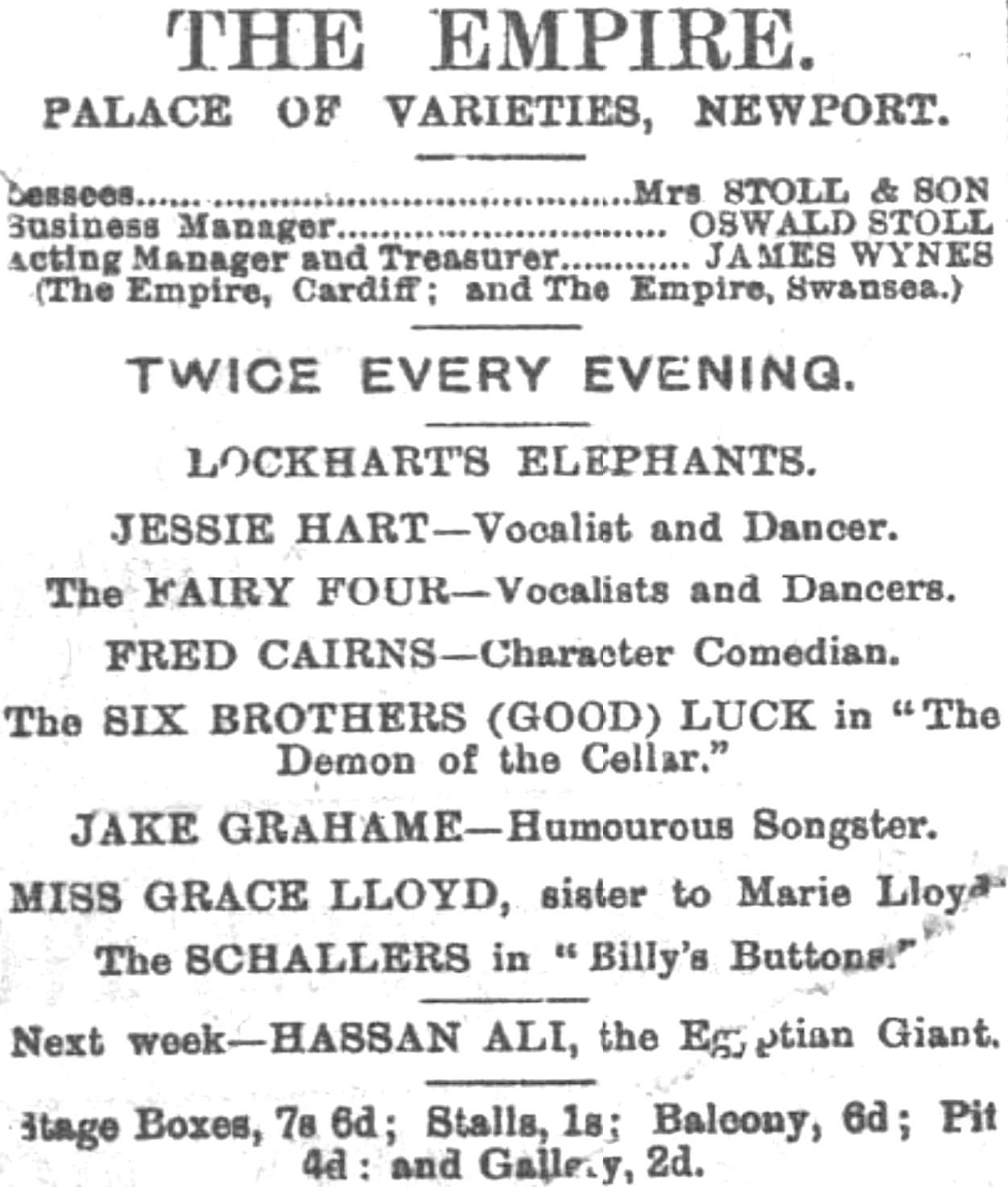
At The Empire was the usual big list of entertainment including Lockhart's Elephants. Two brothers, Samuel and George Lockhart (real name Locker) and came from a circus family and both were elephant trainers. According to a review published by the Argus (subscription required), it was George Lockhart who was at the Empire along with his elephant "Boney" who had originally come from Borneo.
One turn alone in the Empire programme this week is worth the money charged for admissions, viz., that of Lockhart's performing elephants. These give a truly marvellous performance, and exemplify in a remarkable degree what man's care and patience in training can do to animals. No more intelligent creatures have ever appeared on a local stage — they are responsive to every word and every gesture of their trainer; they act as if they know they are acting; in short, they do almost everything but speak.
The number of tricks they perform is also remarkable. There are too many to enumerate, but chief amongst them may be mentioned that of standing on tubs on their heads, their fore legs, and their hind legs; turning round with one foot on a pedestal; waltzing, marching and forming an arch by standing on the hind legs for "Boney" to walk under. "Boney" is the small elephant and represents the clown. He is a precocious young rascal, and causes much fun, particularly where he seats himself at the table, and calls the waiter for dinner. He also plays a barrel organ, drum and cymbals, at the same time with much gusto, while in the concluding scene, where he pretends to be drunk, and an elephant, dressed to represent a policeman, comes in to arrest him, the fun is immense.
The whole performance was very loudly applauded, and out advice to all Empire patrons is — don't miss it.
The elephants were very popular around the country and made multiple appearances at the Empire returning in 1897, 1903, 1907 and 1912.

Also on the billing were the Six Brothers Luck, who "provided a good deal of uproarious mirth in their travestie (sic), 'The Demon of the Cellar', all the characters in which were capitally sustained'.

Hassan Ali the Egyptian Giant
Advertised for the week after Lockhart's Elephants was Hassan Ali the Egyptian Giant who was born in Cairo, Egypt in c1876 and by the age of 25, Ali was 8 feet and 2 inches tall (although other accounts say he may have been a few inches shorter). He travelled the world with the Barnum and Bailey Circus.


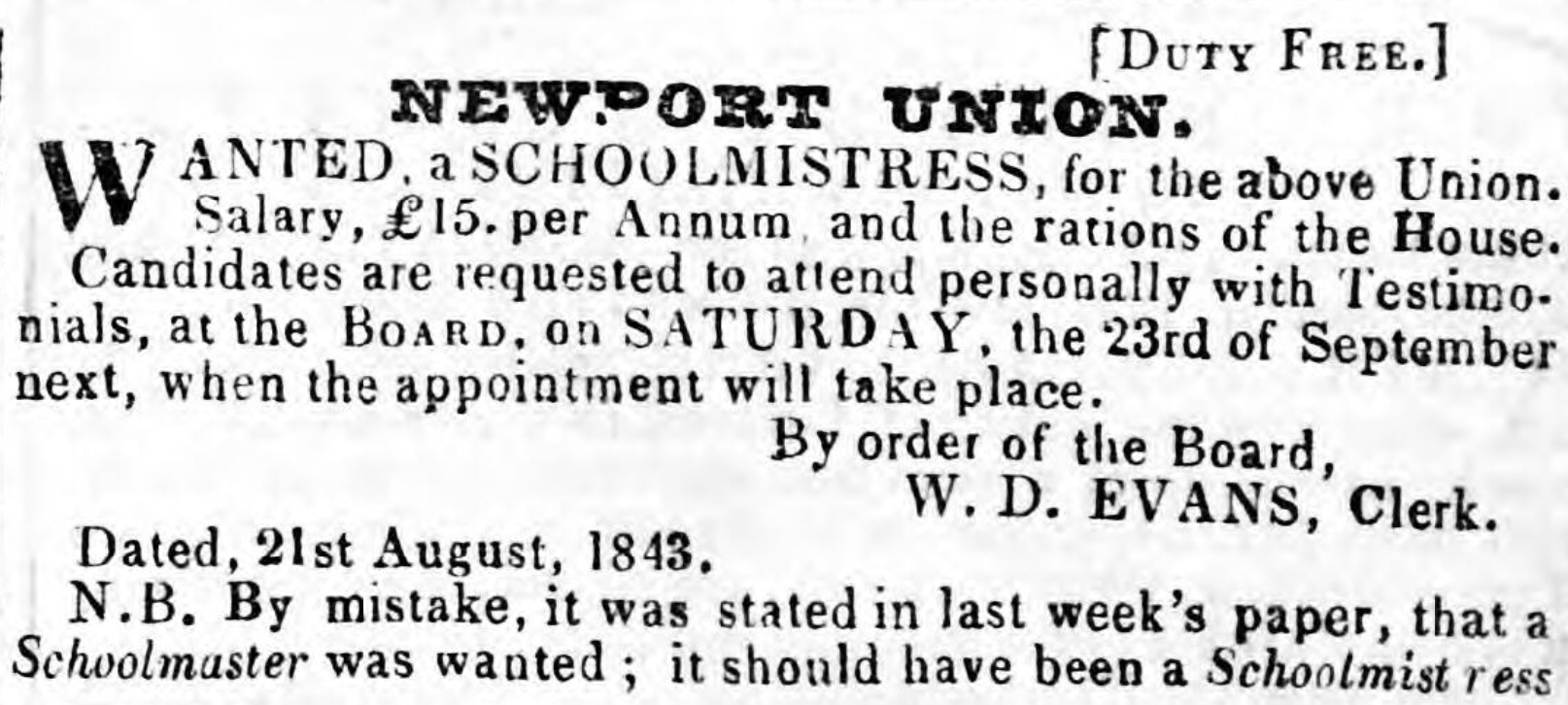

'The Pathway over the Newport Union House'
We have heard that the dispute long existing respecting the pathway over the Newport Union House grounds, which was said to be thrown open through the intervention of our townsman, Mr Latch, will at length be satisfactorily terminated, the Guardians having purchased the right of Mr Lewis Edwards to enter upon the patheway over a hedge beyond the Union grounds, from a footpath laid down by the side of the highway from Bull Inn gateway to the foot of the intended hedge-stile. Thus every object the original mooters of this matter had in view, will, we should think, be satisfactorily met, affording the public an opportunity of enjoying a very pleasant ramble, and beautiful scenery, within a few minutes' walk of Newport.
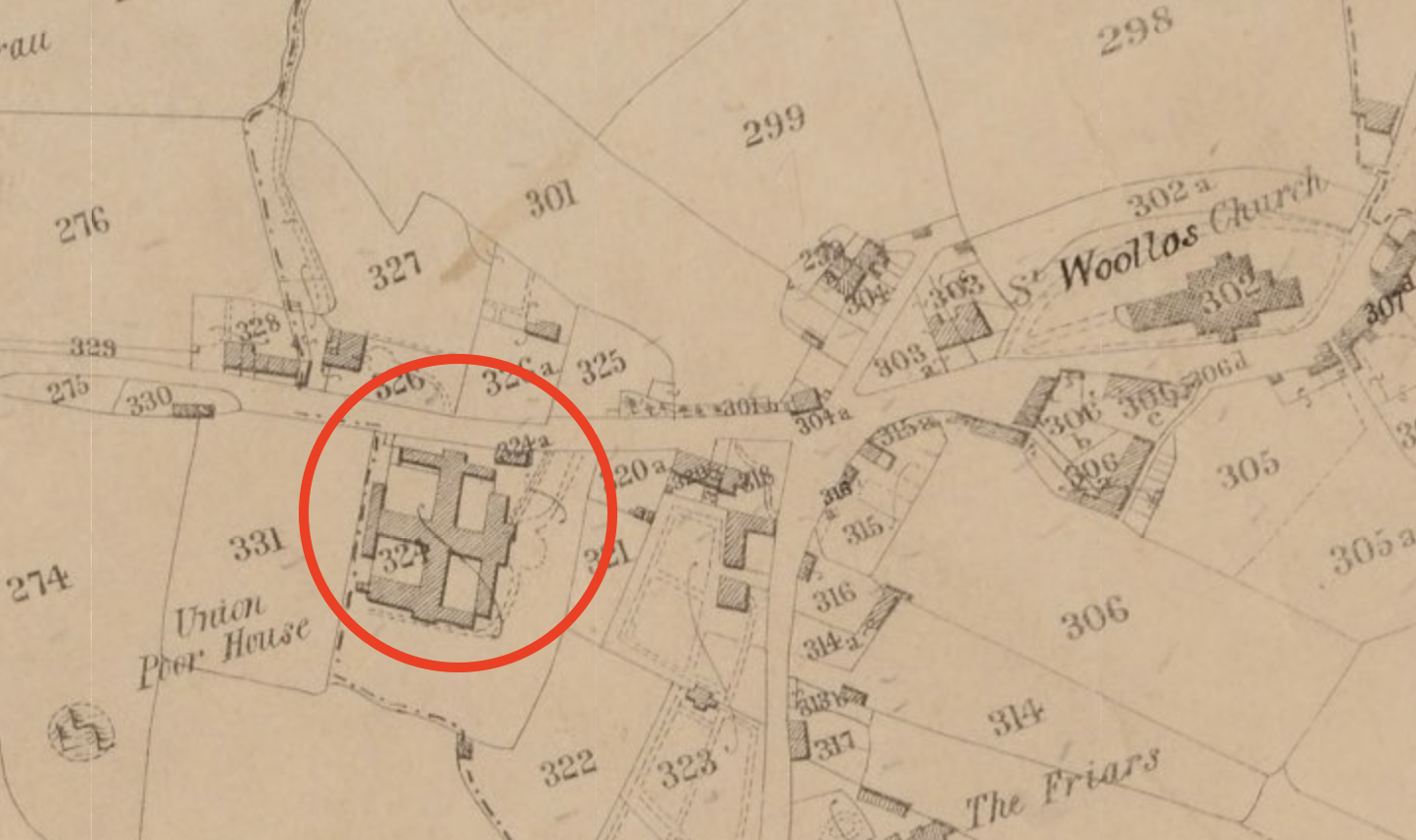
— Monmouthshire Merlin, Saturday 2nd September, 1843



Disgraceful and Wanton Outrage
On Wednesday night, or early on Thursday morning, some scoundrels, as yet undetected, perpetrated a series of depredations on the premises of some of the respectable inhabitants of this town. Clarence Place appears to have been first visited by the fellows, and it will be remembered that the windows of Dr. Gwillim's house, in the same place, were lately broken by some prowler of the same class, perhaps of the same party. On this occasion, a volley of stones were cast at Mr Birch's residence, by which the windows, to a considerable extent, were shattered, and some injury done to a neighbouring house.
The ruffians then changed their amusement, and commenced a Cherokee war upon gardens. Mr. Sallows, Mr. Williams, of Tivoli, Mr. Hughes, of Kingshill, and the Rev. A. A. Isaacson, had proofs of wanton and brutal conduct in this way, by the cowardly gang fruit trees were torn up and destroyed, valuable shrubs broken, autumnal flowers plucked and scattered, fences injured, &.c.
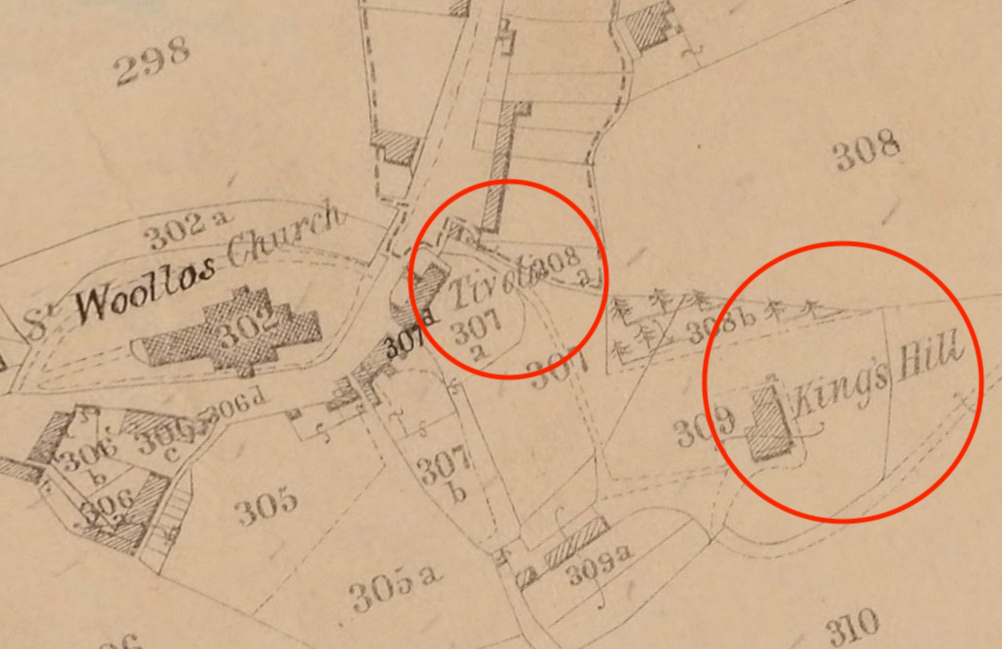
We have more than once alluded to the want of an adequate police force in this town, which we believe in that respect to be the worst protected in England. In making this observation, we do not intend, nor have we reason, to reflect upon the man now employed, and his aid, who are, we admit, very efficient in their way, but they cannot be expected to effect impossibilities, or to have the power of ubiquity. Monmouth, an inland town, with less than half the population of Newport, has a regular and well-organised police force, who protect persons and property by day and by night. Abergavenny and Chepstow have their well-appointed nightly police but Newport, the commercial capital, is left to the mercy of nocturnal depredators. Now, on the approach of winter, we think this subject would be well worthy the serious attention of our Town Council. We perceive that a reward is offered for the great unknown of Thursday morning.
— Monmouthshire Merlin, Saturday 24th September, 1836



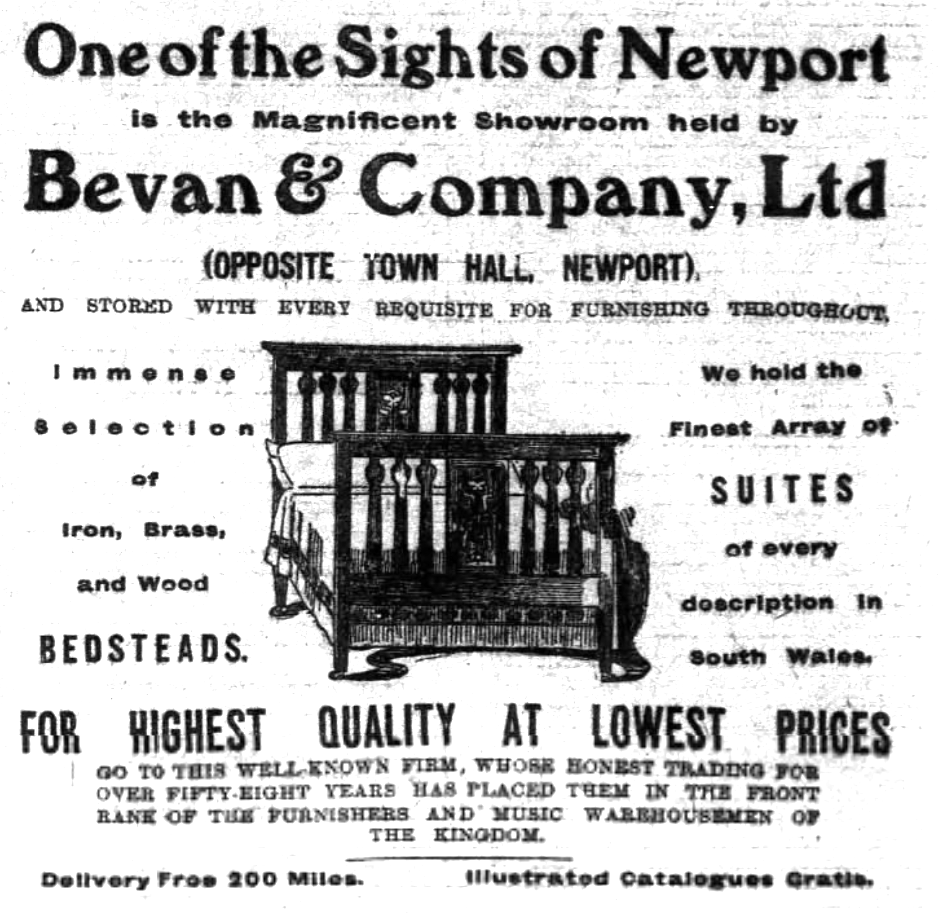
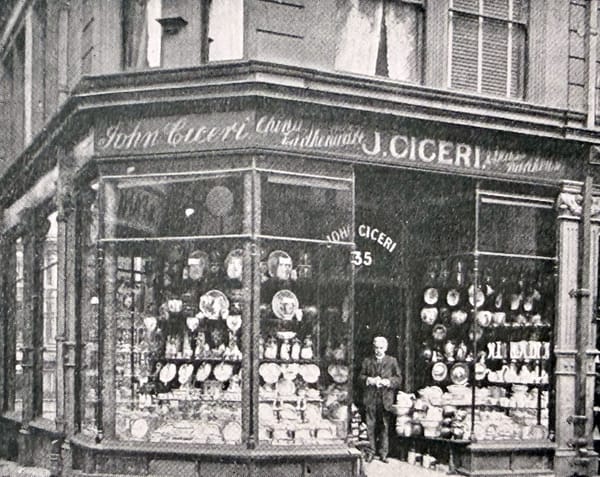
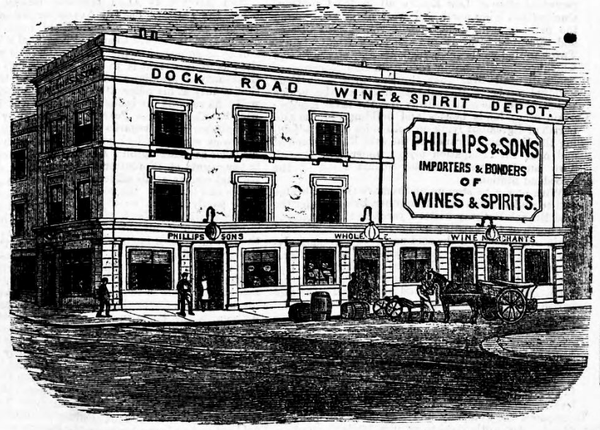
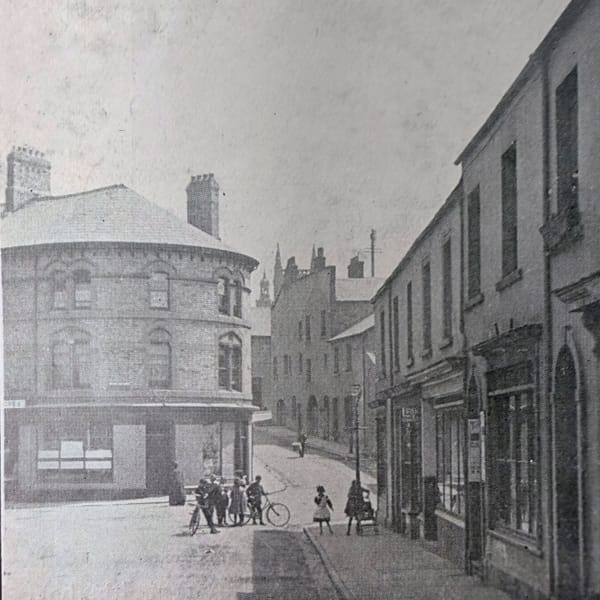
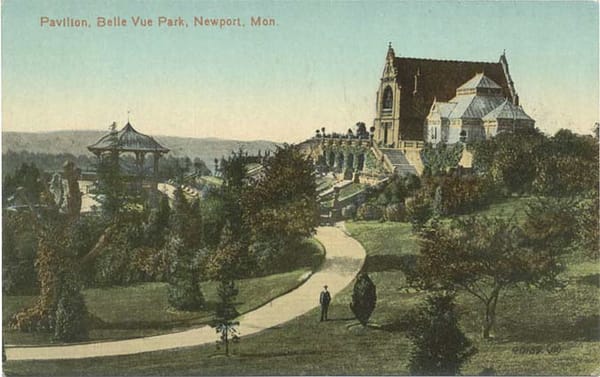
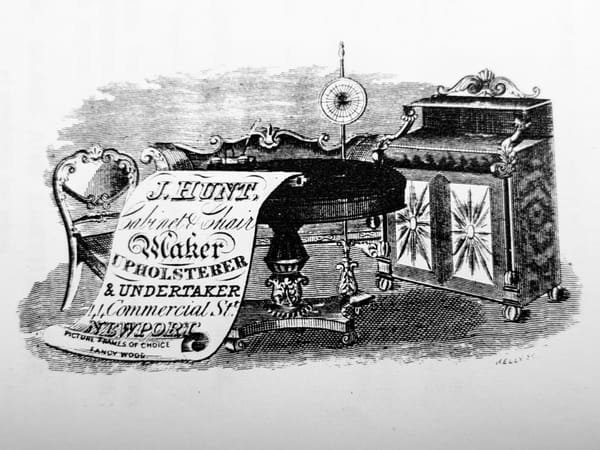
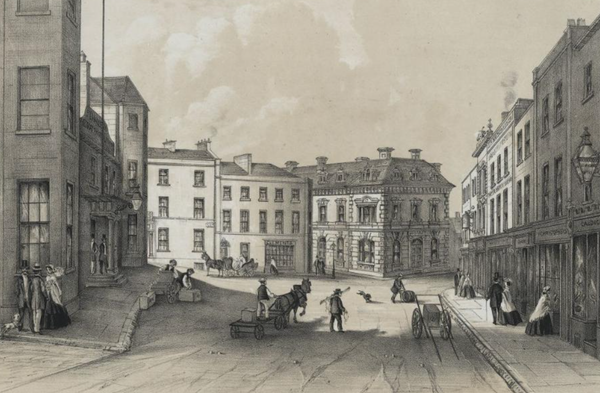
Member discussion